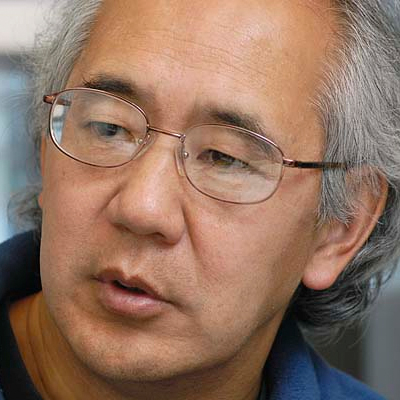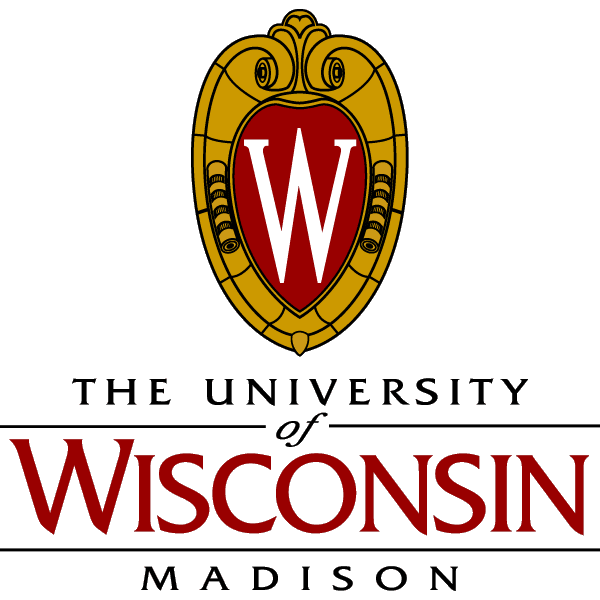Molecular tools that identify disease before symptoms occur
It is estimated that six thousand different human diseases have genetic causes. While research is heavily concentrated on a few of these diseases -- Alzheimer's, Parkinson’s disease, and cancers to name a few -- the remaining diseases often get little attention, time, or funding. Dr. Jerry Yin, of the University of Wisconsin, is focused on research that is likely to have an effect on a wide range of diseases. In fact, Dr. Yin’s investigation of memory formation has led him to a set of molecules that is dysfunctional in most, if not all neurological diseases prior to the onset of the first disease-related symptoms and problems. In other words, this molecular signature and behavioral read-out could be diagnostic in telling providers if something is wrong earlier than ever before and therefore, lead patients to seek out more tests to determine what is wrong. In addition to the likelihood of successful applications, Dr. Yin’s work provides fundamental research that gives insights into new behavioral interventions and outcome measures.
Dr. Yin’s research, operating at multiple levels of neurobiology, is committed to linking these different levels in order to make an impact on patients. His work with fruit flies has lead to important findings about the cAMP signaling pathway which works much like the thermostat of a house. Anytime a cell or organism needs to change in response to something, this ancient pathway plays a role in “turning up the heat” or “lowering it” to help the organism adjust to change. In the presence of disease-causing molecules, Dr. Yin believes an organism has trouble resetting the thermostat and through understanding this process, he hopes to measure its occurrence to predict disease. Thus, Dr. Yin’s research may prove to be a valuable tool in not only understanding the fundamental science behind disease but also in helping to identify when something is wrong long before symptoms ever occur.
Current research includes:
-
Memory Formation: Dr. Yin is interested in how the brain learns and remembers information. He and his team are investigating the ways in which the cAMP signaling pathway helps different areas of the brain to communicate in order for learning to occur. Dr. Yin’s global understanding of the cAMP pathway’s many roles may provide unique perspectives that strictly molecular and cellular approaches would miss.
- Sleep and Neurodegenerative/ Developmental Disabilities: Using fruit flies, Dr. Yin has found that many, if not most neurodegenerative disease models show altered cAMP signaling and dysfunctional sleep very early in life, prior to the onset of classical disease symptoms. Importantly, in certain models, reversing these problems delays or prevents the later onset of disease. Therefore, Dr. Yin is motivated to extend these studies to mammalian models and human patients to investigate the possibility of developing diagnostic strategies.
Bio
As a young child, Dr. Yin thought that he wanted to be a medical doctor because he believed that by doing so, he could help the most people. As he grew older however, he found that investigating basic neuroscience and biology were best suited to his interests and skills. He therefore dove into fundamental research as he investigated the mechanisms that underly how memory works, how the brain declines over time, and more. After over twenty years of research, Dr. Yin has found that his research has continued to offer him the opportunity to make a difference in people’s lives for the better!
In his free time, aside from research, Dr. Yin says he is “addicted” to sports. When he was younger you could find him with a basketball or soccer ball in hand. However, when injuries prevented him from continuing, he became a loyal fan. Now he spends his time cheering on the University of Wisconsin and tuning into the World Cup. Aside from sports, Dr. Yin also enjoys traveling, especially to China where both of his parents are from.
Website: http://genetics.wisc.edu/Yin.htm
In the News
The Scientist
The New York Times
Forbes


